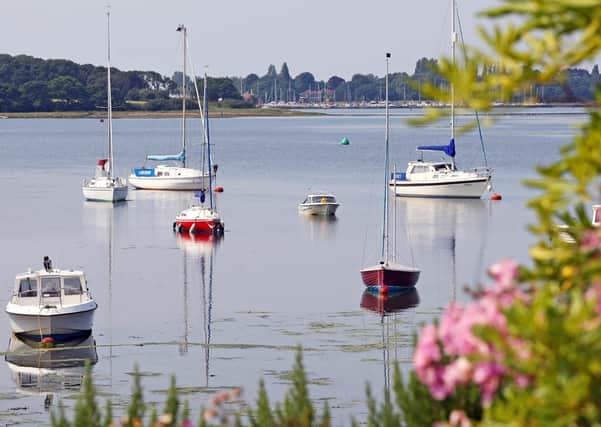Chichester Harbour sailing clubs demand action to improve water quality


In a letter to the head of the Environment Agency, they discuss the ‘well documented pollution events around both harbours’ demonstrating that Southern Water ‘does not have the capacity to deal with the current situation’.
Although the clubs appreciate there is more pressure on infrastructure from increasing rainfall caused by climate change and new developments, they say it is not clear that the necessary investment to offset these factors is being made.
Advertisement
Hide AdAdvertisement
Hide AdThey added: “If not addressed, this will be an increasing danger to public health, to our members, to the harbours and the associated businesses. As well as being an area of environmental importance, Chichester Harbour is one of the most important sailing and water sports centres in the UK.
“It is a huge facility for the growing interest in sailing, kayaking, paddle boarding, wind surfing and the new proliferation of cold-water swimming.”
The letter, signed by commodores at sailing clubs at Bosham, Chichester, Dell Quay, Emsworth, Emsworth Slipper, Itchenor, Thorney Island and West Wittering, is calling for a plan to improve water quality in the harbour now as well as clear, deliverable and committed plans to manage the impacts of climate change and new housing development.
Nick Mills, head of pollution and flooding resilience at Southern Water, said: “With our rivers and seas cleaner than they have been since the industrial revolution, we recognise there will be continuing pressure to drive environmental standard ever higher.
Advertisement
Hide AdAdvertisement
Hide Ad“We fully support this drive and are constantly working with councils and developers to minimise the amount of rain entering our systems.
“This will be a national conversation and customers will have to balance the environmental benefits of ending storm releases with potentially significant price rises for sewerage services and wide spread disruption as older combined surface drains and sewers are dug up and disconnected.”